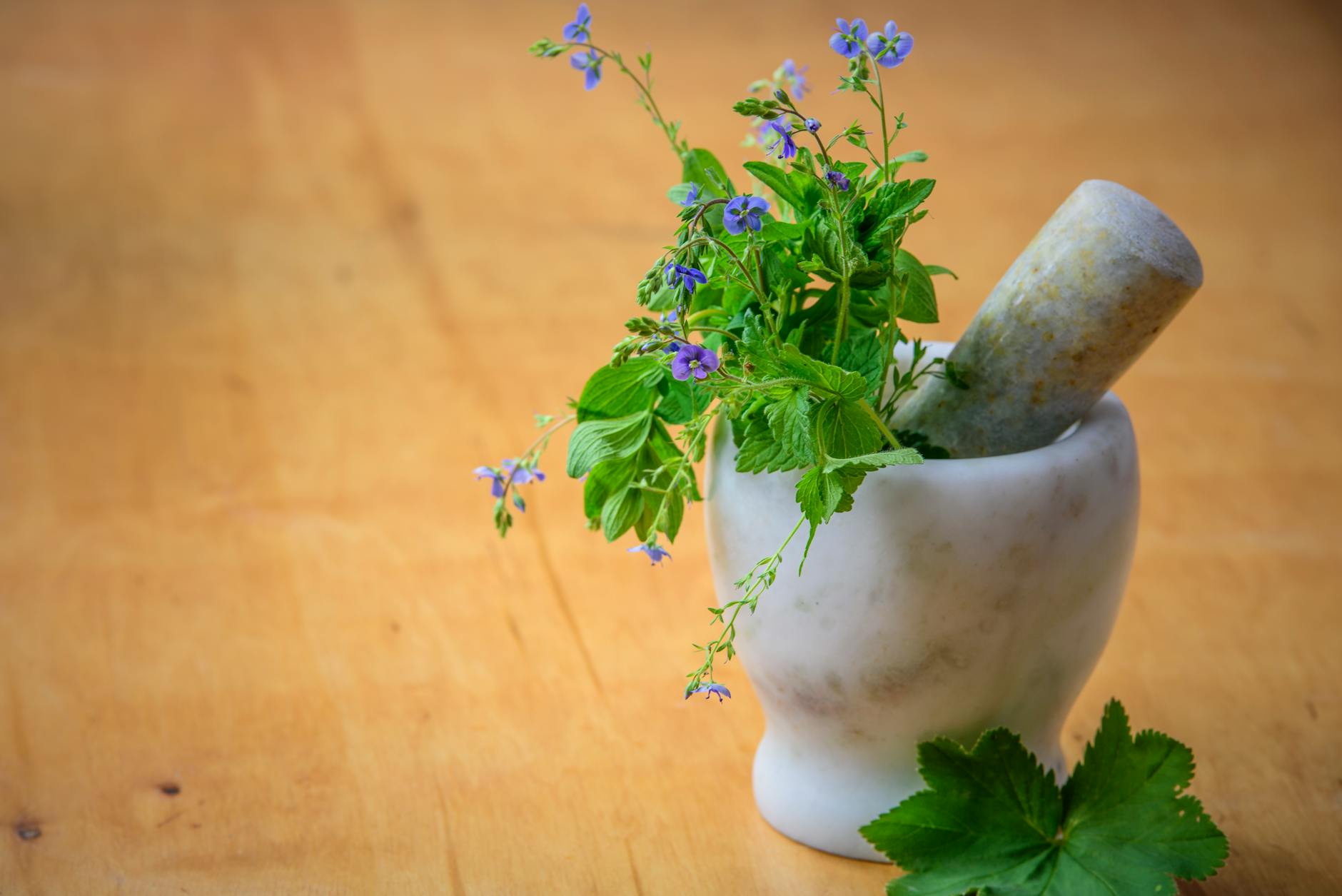Late winter carries its own peculiar heaviness. The air hangs cold, the skies often grey, and the promise of spring seems both close and far away. It is a season where the body feels tired and the soul restless, caught between the stillness of winter and the awakening of spring. But our ancestors knew this feeling well, and they left us a treasure trove of remedies—ancient, simple, and steeped in the wisdom of nature.
Let us journey into the world of ancient healing and uncover remedies that can soothe the body, lift the spirit, and carry us gently into spring.
The Power of Warming Teas
The chill of late winter seeps deep, and there is no better antidote than a steaming cup of herbal tea. Ancient traditions from around the world have used warming herbs to chase away the cold and invigorate the senses.
- Ginger and Honey Tea: Used in Ayurvedic practices, ginger warms the body from within, while honey soothes the throat and strengthens immunity.
- Sage Infusion: The Greeks revered sage for its healing properties, brewing it to ease coughs and boost clarity.
- Elderflower Tea: In Celtic traditions, elderflower was a sacred plant, its blossoms brewed to ward off colds and encourage perspiration to break fevers.
Healing Foods for Vitality
Late winter can sap energy, but nature offers foods that nourish and revitalise. Ancient remedies often relied on seasonal and local ingredients, combined in ways that were both practical and powerful.
- Bone Broth: A staple in many cultures, bone broth is rich in collagen and minerals, helping to strengthen joints and support gut health. Add garlic and parsley for an extra boost.
- Fermented Foods: From kimchi in Korea to sauerkraut in Germany, fermented foods have long been used to support digestion and immunity.
- Oats and Honey: The Celts often relied on oat porridge sweetened with honey for sustained energy and gentle healing.
Herbal Remedies for Common Ailments
Herbs have always been the allies of healers, offering remedies for the aches, chills, and weariness of late winter. Here are a few timeless favourites:
- Thyme Steam Inhalation: Used by the Romans, thyme was believed to purify the air and fortify the lungs. Add a handful of fresh thyme to boiling water, cover your head with a towel, and breathe deeply.
- Chamomile Compress: Ancient Egyptians prized chamomile for its calming properties. Soak a cloth in chamomile tea and place it on your forehead to ease tension.
- Garlic Elixir: Known as “nature’s antibiotic,” garlic was crushed and steeped in oil or vinegar by medieval healers to ward off infections.
Rituals for Mind and Spirit
Ancient healing wasn’t just about the body; it recognised the deep connection between mind, spirit, and physical health. Late winter is the perfect time to incorporate rituals that nurture the whole self.
- Salt Baths: Used by the Romans and Greeks, a warm bath with mineral salts can ease sore muscles and detoxify the body. Add lavender or rosemary for an aromatic touch.
- Candle Gazing: Practised in many cultures, gazing into a flame can calm the mind and focus the spirit. Use it as a meditation, imagining the light clearing away winter’s heaviness.
- Gratitude Journaling: In Celtic traditions, gratitude was seen as a way to align with nature’s cycles. Spend a few minutes each evening reflecting on small joys.
Embracing Ancient Wisdom
There is something deeply comforting about turning to remedies that have stood the test of time. They remind us that we are part of a long, unbroken chain of humanity, each generation finding ways to heal and thrive through the seasons.
As late winter stretches on, let these ancient remedies inspire you. Brew a tea, light a candle, and remember that even in the coldest season, there is warmth and wisdom to be found.


Leave a Reply